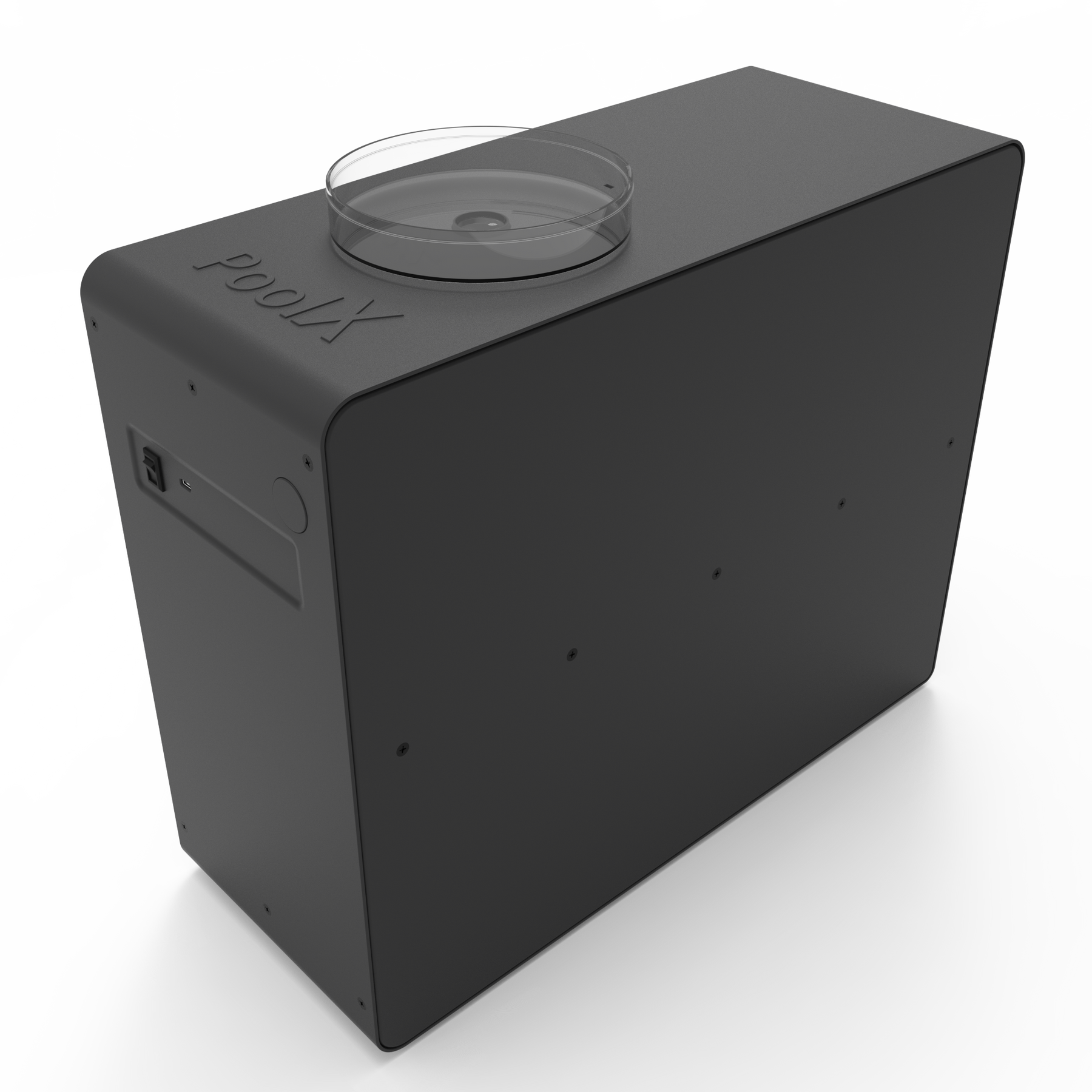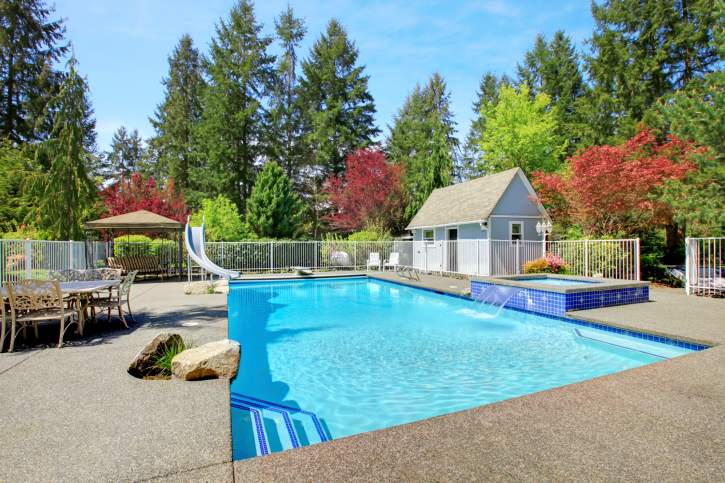
Essential Tips and Tricks for Raising Alkalinity in Your Pool
Share
Keeping your swimming pool in top shape is vital for both the water's health and ensuring an enjoyable swimming experience. One of the key aspects that many pool owners tend to ignore is raising alkalinity in their pool. Failing to maintain adequate alkalinity can lead to significant issues, such as unstable pH levels and accelerated wear on your pool equipment.
Alkalinity functions as a stabilizing agent, helping to manage pH fluctuations and keep the water safe and comfortable. The ideal total alkalinity range lies between 80 and 120 parts per million (ppm). If your levels dip below this threshold, taking prompt action becomes essential to prevent complications. In this guide, well discuss various effective methods and tips on raising alkalinity in your pool.

Understanding the Importance of Alkalinity in Pool Water
Grasping why alkalinity is crucial for your pool water is key to its maintenance. Proper alkalinity helps:
- Stabilize pH Levels: Balancing pH levels prevents equipment damage and reduces skin irritation for swimmers.
- Prevent Algae Growth: Maintaining the right alkaline balance deters algae formation, keeping your pool clean and inviting.
- Cut Down Chemical Use: Balanced alkalinity means fewer treatments and chemicals are needed, which can save you money.

Checking Alkalinity Levels in Your Pool
The first step in increasing your pool's alkalinity is to check the current levels. Heres how to do it:
- Acquire a pool test kit or test strips from any pool supply store.
- Scoop a sample of water from about one foot below the surface.
- Follow the kit instructions to assess the alkalinity levels.

Steps to Raise Alkalinity in Your Pool
Once you've confirmed that your pool's alkalinity is too low, follow these methods:
1. Baking Soda
Using baking soda is a popular and economical choice to boost alkalinity. Heres how you can do it:
- Calculate how much you need based on your pool's size; generally, 1.5 pounds of baking soda raises 10,000 gallons by 10 ppm.
- Sprinkle the baking soda evenly around the entire pool perimeter.
- Run the pool pump for 2-3 hours to circulate the solution.
- After a few hours, retest your alkalinity levels.
2. Alkalinity Increaser Products
If you'd rather go for a specialized chemical, an alkalinity increaser can work well. Heres how:
- Adhere to the dosing instructions on the product label.
- Pour the increaser into the water in a way that avoids concentrated areas.
- Allow the pump to circulate for several hours before retesting the alkalinity.
3. Consistent Water Testing
Regular water testing is crucial for maintaining proper alkalinity. Ideally, check your water at least once a week, especially during peak swimming times. Utilize reliable testing equipment and make necessary adjustments based on your findings.

Maintaining Calcium Hardness for Best Results
While you focus on alkalinity, remember that calcium hardness is equally important for your pool's health. The desired range for calcium hardness is between 200 to 400 ppm. Keeping this balance protects your pool's surfaces and equipment. Raise calcium hardness by adding calcium chloride, following the product guidelines for optimal results.
Common Mistakes When Adjusting Pool Alkalinity
When learning how to raise alkalinity in pool, steer clear of these common errors:
- Overloading with chemicals, which might surpass your targeted range.
- Skimping on testing after adjustments, leading to further balancing issues.
- Neglecting the significance of pH levels alongside alkalinity adjustments.
Conclusion
Boosting alkalinity in your pool is a fundamental aspect of its upkeep. Regularly checking your water chemistry and employing effective methods will keep your pool healthy and enjoyable for everyone. Taking the necessary time to adjust alkalinity can prevent complications and support a safe swimming environment.
For more information on maintaining your pool, check out this home improvement guide.
FAQ
How often should I check my pool's alkalinity?
It's advisable to test your pool's alkalinity at least once a week, especially during high usage times.
Can I use baking soda to raise alkalinity in a saltwater pool?
Absolutely! Baking soda is both safe and effective for increasing alkalinity in saltwater pools.
What are the effects of high alkalinity in my pool?
Excessively high alkalinity can lead to cloudy water, scale buildup, and challenges in adjusting pH levels.
As an Amazon Associate, I earn from qualifying purchases.
